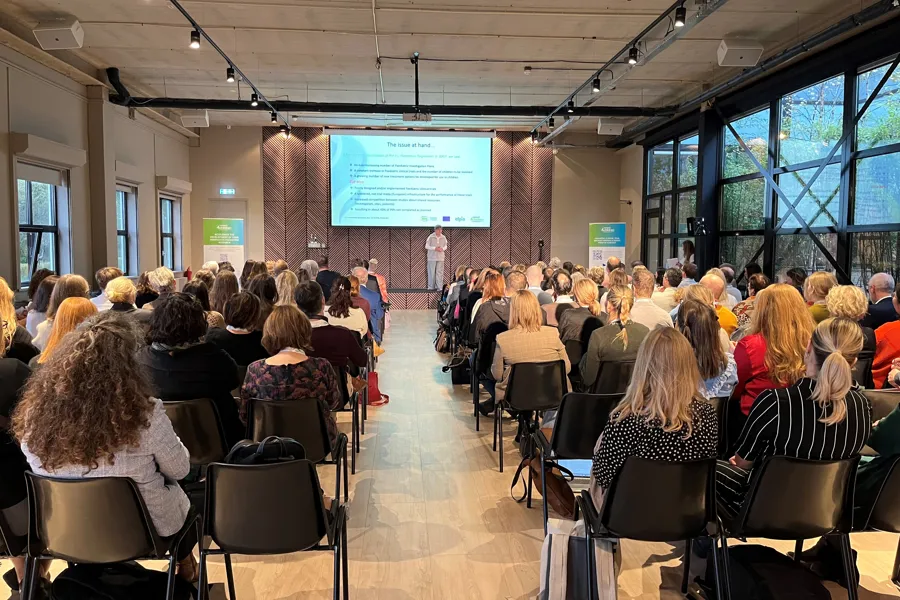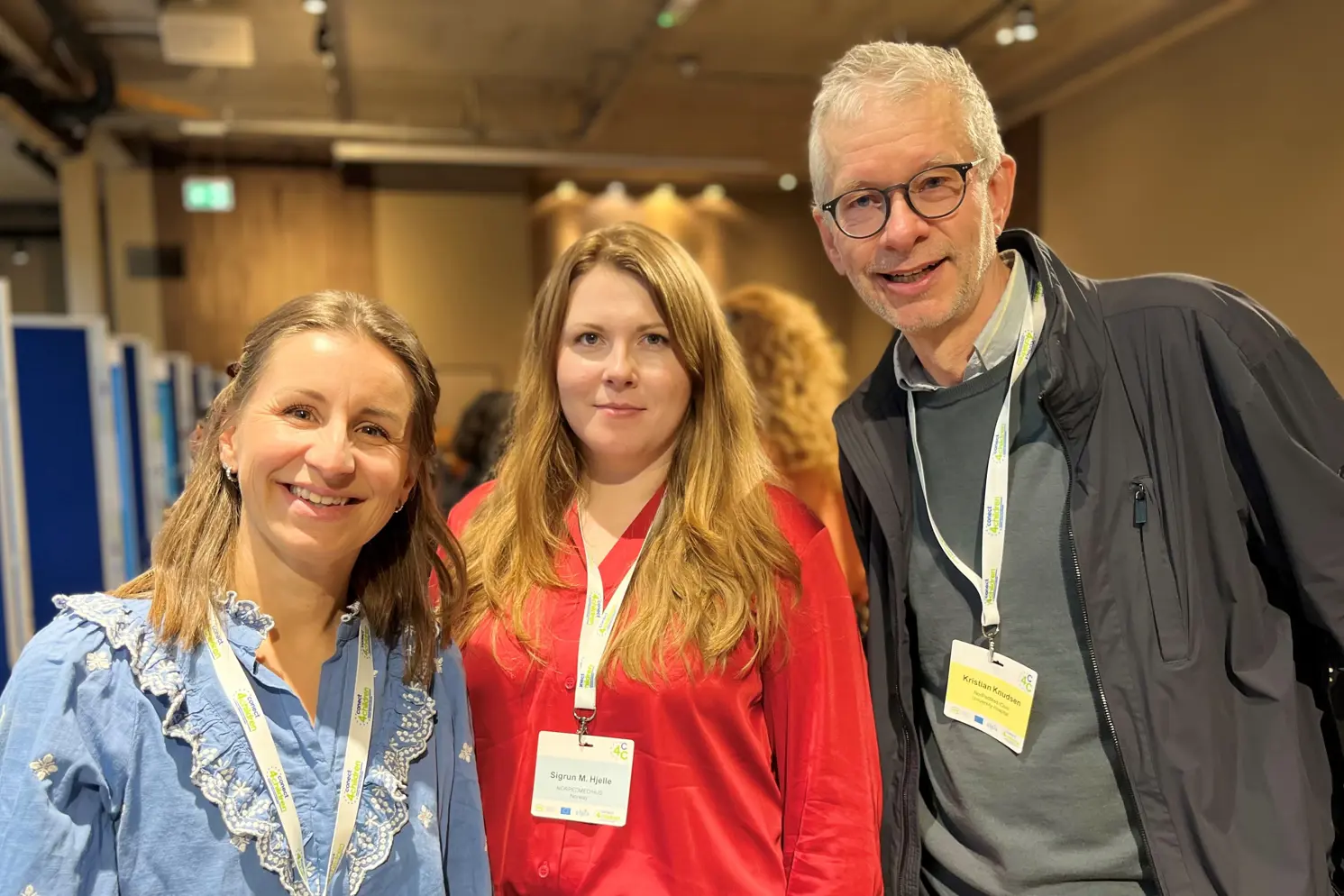Children are not small adults
Conect4Children is a European research network that serves as a single entry point for industry and academia wanting to conduct pharmaceutical studies for children. The network is now being expanded and revised to meet today’s needs and regulations.

This week, industry representatives, clinicians, user representatives and researchers gathered at the Conect4Children International Symposium in Amsterdam to be updated on the status and future of the c4c research network, also known as IMI2 conect4children.
The network was established in 2018 to unite the pharmaceutical industry, national paediatric networks, multinational EU networks, user representatives, hospital paediatric departments, and other public organizations from across Europe. The network was initially organized by a secretariat in Liverpool. Moving forward, its operations will be carried out by Conect4children Stichting (c4c-S), a Dutch non-profit organization based in Utrecht, Netherlands. They will maintain to uphold and build upon the work done in c4c since its inception.
Norway is also involved
The consortium consists of 36 academic organizations and 10 industry partners, including companies such as J&J, Bayer, Sanofi, Eli Lilly, UCB, Novartis, Servier, GSK, Pfizer, and Roche.
Helse Bergen HF is among the networks partners, specifically through the affiliation with NorPedMed, a national clinical research network for paediatric medicines, with its secretariat at Haukeland University Hospital. Sigrun M. Hjelle, the coordinator of the NorPedMed secretariat and attended the symposium, along with Per Kristian Knudsen, representing Oslo University Hospital HF within NorPedMed, and Signe Øien Fretland from the NorTrials coordinating unit. Hjelle, who has been actively involved in the network for several years, views it as an essential platform.

"It's very important that we are part of the c4c network, as it provides the opportunity to participate in large, international clinical paediatric trials, involving both academia and industry," says Hjelle.
Signe Fretland is attending a c4c meeting for the first time and sees the benefit of both national and international collaboration.
"It's very inspiring to be present at the meeting with the c4c network to gain a deeper understanding the entire ecosystem of the European paediatric environment, of which NorPedMed is a key part. For NorTrials, maintaining close contact with NorPedMed in Norway is essential. It allows us to consult experts and identify suitable sites when we receive requites from the industry for clinical trails involving children in a timely manner.
One size does NOT fit all
Only recently has it been acknowledged that children may respond differently to drugs than adults, making it unethical to exclude them from clinical trials. In 2007, the EU introduced specific regulations on medicines for children - the Pediatric Regulation – a policy aimed at improving the safety and efficacy of medicines for children and increasing the availability of children specific treatments. . Norway joined the imitative in 2017.
Need for revision of the regulations
However, over 50% of treatment in children is still done "off-label," and the EU regulation is now under revision. During the 18 years it has been in effect, the EU regulation has resulted in a positive development in research on children:
• A significant increase in Pediatric Investigation Plans (PIPs) from the pharmaceutical industry. A PIP is a mandatory development plan that ensure necessary data is collected through paediatric trials to support marketing authorization (MA) for medicines intended for children. All new MA application must include data from these trials described in the PIP, unless exempt by a waiver.
• A steady rise in clinical studies involving children, and the number of paediatric participants.
• The development of more treatment options tailed for children.
However, these advancements also raised several concerns:
• An increase in poorly designed clinical trails involving children • A fragmented European environment lacking the infrastructure needed to support paediatric clinical trials.
• Heightened competition for limited resources, including investigators, study site, and eligible paediatric patients.
C4C offers many different services
One of the primary roles for c4c/c4c-S is to be a "Single Point of Contact (SPoC)" for sponsors – whether from industry or academia --conducting clinical trials involving children in Europe. Through this gateway, sponsors gain access to a variety of services developed in collaboration with 20 national hubs and over 220 sites. Key services provided by C4c can provide advice Expert Advice on protocol development and PIP in drug development, map trial centers/sites (Trial Feasibility) across Europe, provide support throughout the trials (Trial Support) to ensure that recruitment is maintained and that the number of patients and data is delivered according to the agreement with the sponsor, ensure user involvement (Patient & Public Involvement, PPI) and educate and train personnel (Education and Training). In addition, c4c works for the reuse of data from pediatric trials (Data Reuse), among other things to solve the problem of poor trial design.